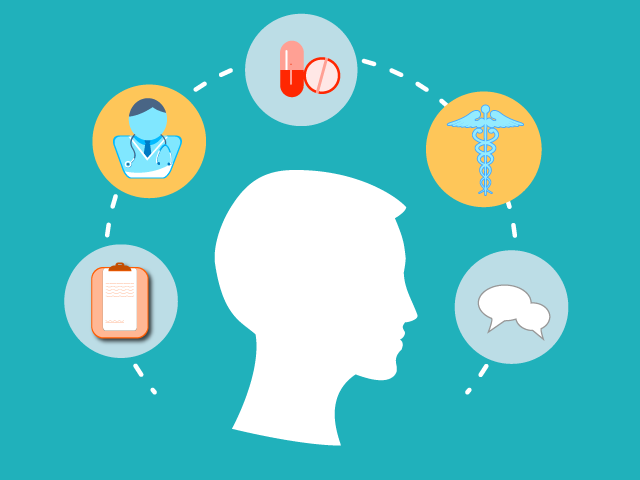
Health literacy is the degree to which individuals have the capacity to obtain, process, and understand basic health information and services needed to make appropriate health decisions. Low health literacy is a critical issue for everyone. Individuals who have low literacy do not understand medical instructions, do not understand their rights and responsibilities, and can misinterpret warning signs about prescription medications. Health disparities have been linked to low literacy since individuals have less knowledge about their health problems and fail to seek preventative care. This leads them to have higher health care costs, be less compliant with treatments, and may lead to overall experiencing poorer health outcomes.
For older adults, health literacy is very important because health care information and choices become more complex. Older adults might have to deal with multiple health issues and take different types of medications daily. Having a good understanding of their medical prescriptions and their health problems can become overwhelming and may be difficult to understand. The physical and cognitive changes associated with aging also impact an older person’s health literacy. Other individuals who are at risk for low literacy include those who do not speak English or cannot read. Immigrants or those from poor socioeconomic status may be most vulnerable. By law, important health information and documents must be provided in different languages. Also, a medical interpreter must be available to speak with a patient, and this has helped combat this risk.
There are different signs that an individual might have a low health literacy. These signs include lack of following up with lab tests, frequently missed appointments, incomplete forms, and inability to name medications and explain what they are used for. Oftentimes individuals need help reading written information and are not compliant with medication regimens. There are strategies to improve health literacy. When talking about health information, make sure to be specific and emphasize the main points. It’s helpful to have the individual repeat in their own words what has been said to them. By doing these three things, it can ensure that individuals are obtaining a better understanding and are not getting confused by all of the medical terminology. Always create a non-judgmental environment where individuals with low health literacy can feel comfortable asking questions or asking for more information. If an individual has a better understanding of what they should or should not be doing based on their health, that can lead them to have better health outcomes.
WellPath Partners is your senior resource referral guide. Follow us on ALL social media platforms and join us weekly for more content and public health discussions.
By: Cindy Birrueta
Office Support Specialist at WellPath Partners
B.S. in Healthcare Administration at California State University, Long Beach
